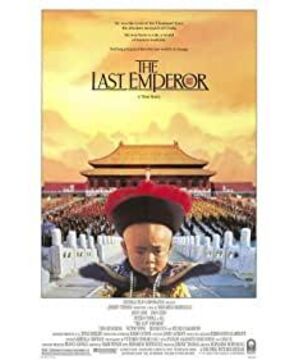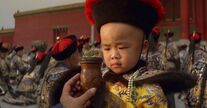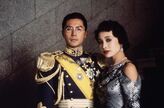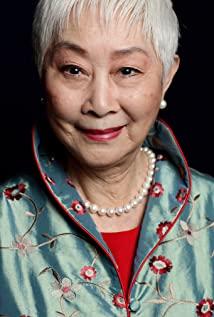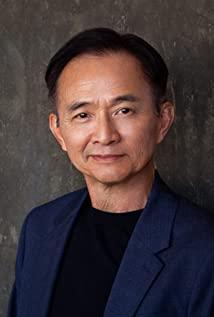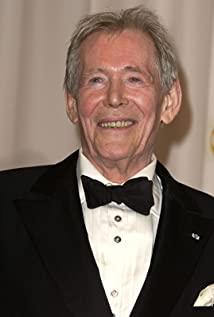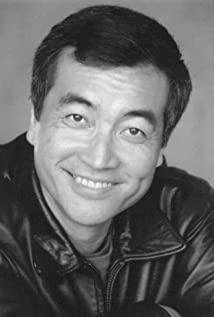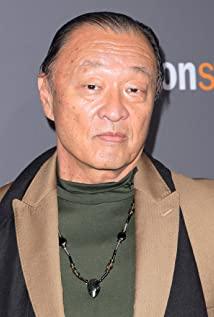In his life, he only had the freedom for a short period of time when he was expelled from the palace and went to live in Tianjin. He could go out in a car at will, sing and dance. He has become an emperor who has not really been in power but has become a subjugated emperor, of course he is suffering. While enjoying that brief period of freedom, he suddenly realized that China had betrayed him, and with the instigation of the Japanese, and rekindled his dream of returning to the country, he returned to that kind of unfreedom. He is not willing to be a puppet. He even understood the anger of the students of the May 4th Movement when he was young, but in order to restore the country, he decided to rely on the Japanese. He naively thought that he could use each other with the Japanese. The cognition of the Japanese is even more sober than his. He hated opium for ruining the Qing Dynasty, but in Manchukuo, which he "ruled", it was again used by the Japanese to make money to pay for armaments.
As an emperor, he never really had real power. His only power was to ask the eunuchs to play with him and the attendants to tie his shoelaces. When his wife was sent away from the official residence by the Japanese, just like when his nanny was sent out of the palace, he was unable to stop him, so he could only run after him until the gate was closed. "Open the door" is Puyi's most spoken line in the play.
Puyi has experienced all the big history, but the rare thing is that the movie is quite detailed. The meaning behind many small actions of the characters is actually an intriguing history.
View more about The Last Emperor reviews


